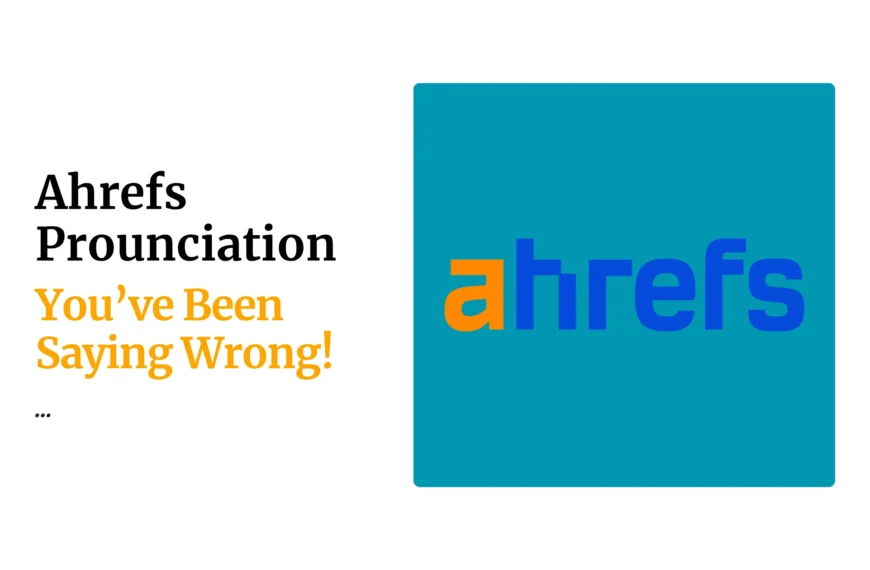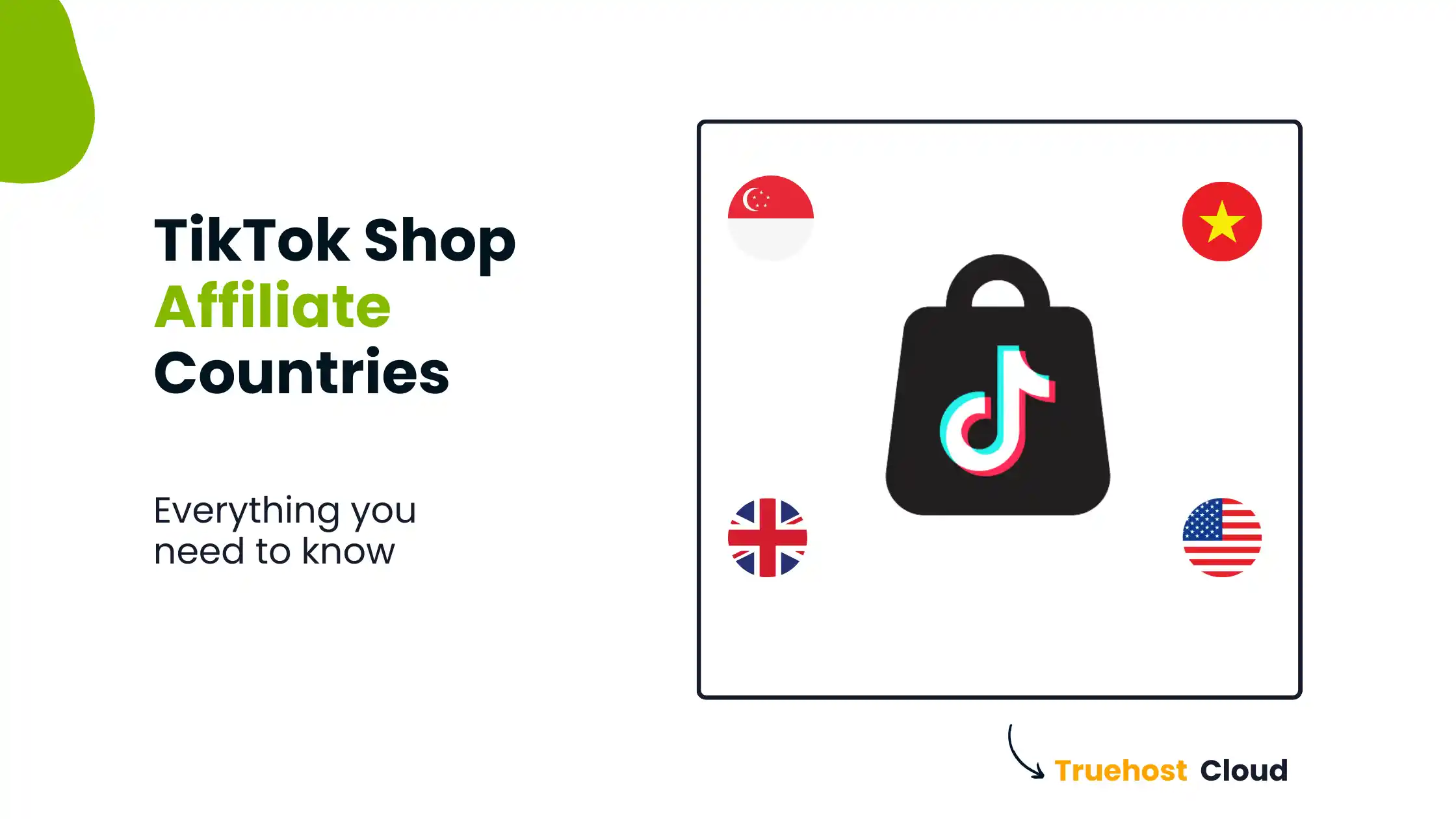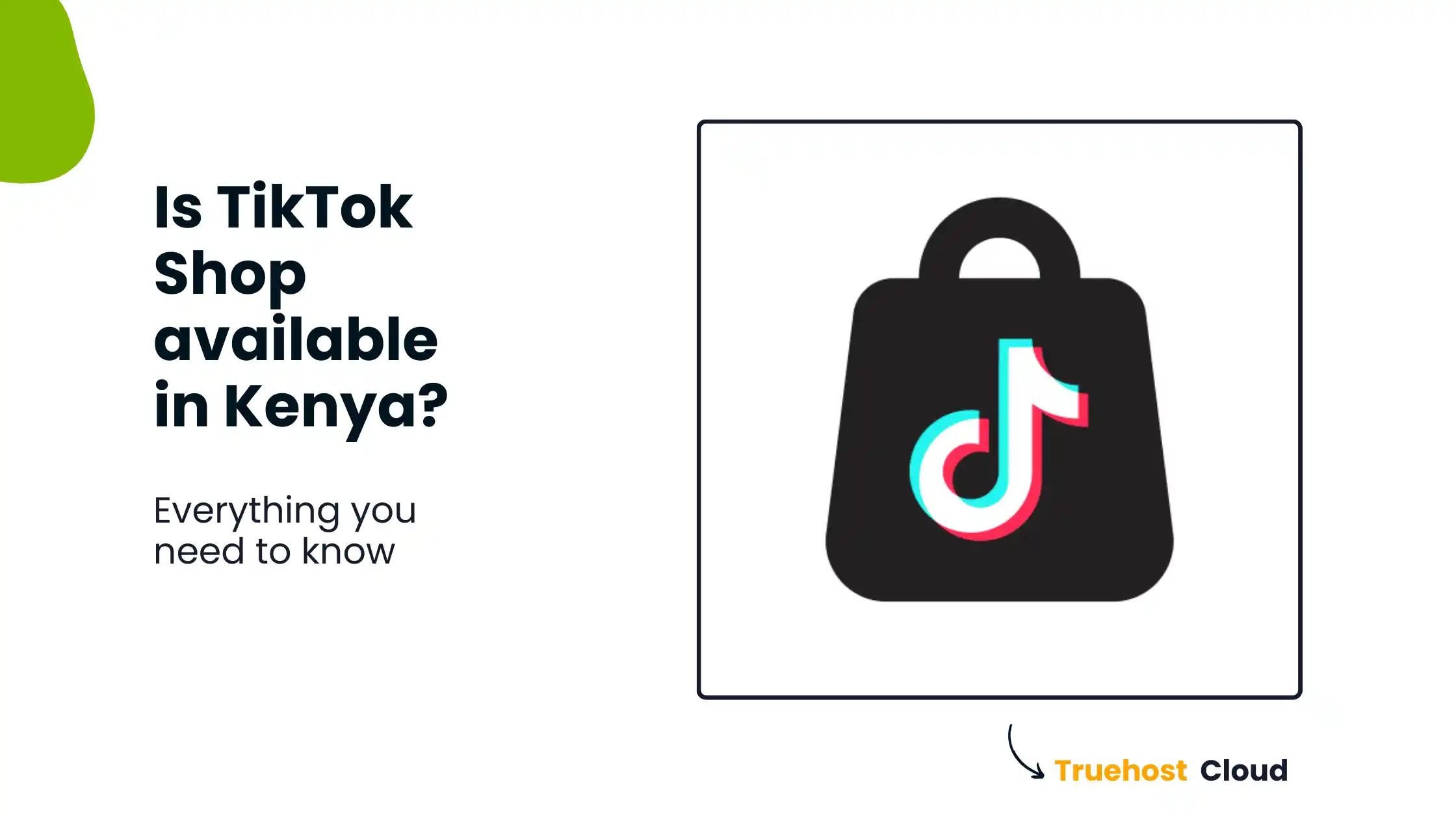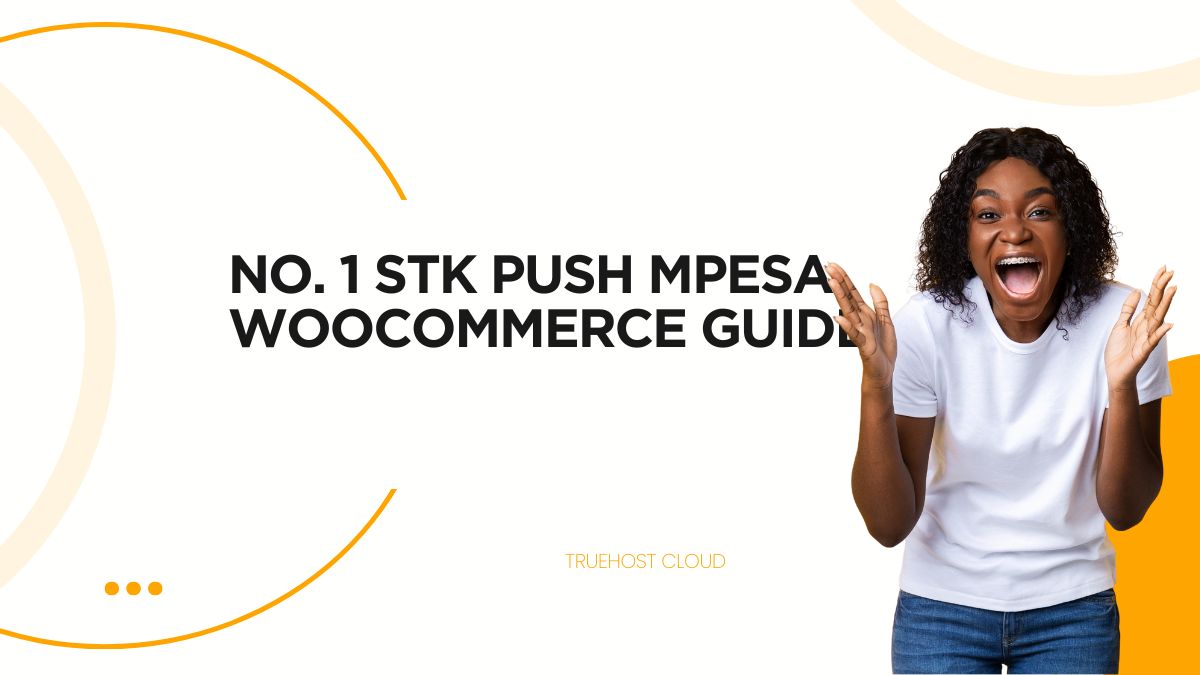Thinking of growing your business in Kenya and considering learning how to import goods from Alibaba? Let me help you navigate the import process!
Many Kenyan businesses are turning to e-commerce platforms like Alibaba to source products.
It’s a popular choice, but importing goods can seem tricky, especially if you’re new to it.
In this article, I’ll walk you through a simple step-by-step guide on how to import goods from Alibaba to Kenya.
We’ll cover everything from choosing a supplier to dealing with customs and getting your goods delivered.
By the time you finish reading, you’ll have a clear understanding of the process and the confidence to successfully import goods from Alibaba to Kenya.
Let’s get started!
Researching and Selecting Products
How to identify reliable suppliers on Alibaba
When looking for trustworthy suppliers on Alibaba consider these:
Check Verification Status: Go for “Verified Suppliers.”
These are companies checked by professionals to make sure they’re reliable and offer good-quality products at fair prices.
Review Quality and Certifications: Look at product quality, any certifications they have, and customer reviews.
Good quality, certifications, and positive reviews usually mean the supplier is reliable.
Know Product Details: Make sure you understand the product’s specifications, sizes, and weights before ordering.
This helps get accurate shipping costs and avoids surprises at customs.
Assess Supplier Professionalism: Check the supplier’s product page, photo quality, and product descriptions.
Also, see if they’re open about their factory and quality checks.
A professional approach usually means they’re serious about their business.
Check Certificates: If they say they’ve worked with big e-commerce names, ask for proof like an audit report.
Also, double-check any certificates like ISO, BSCI, or WRAP they mention.
Verify Business License: Take a look at their business license.
This tells you if they’re a factory, trader, agent, or broker and can give you an idea of their expertise and reliability.
Know Local Rules: Make sure the supplier follows local rules and standards, including customs duties, VAT, and safety standards.
Evaluating Costs and Pricing
To evaluate costs and pricing before you import goods from Alibaba to Kenya, consider the following steps:
Calculate the Total Cost: Add up the product price, shipping fees, customs duties, and taxes.
This gives you a clear picture of what importing will cost you.
Negotiate with Suppliers: Build a good relationship with your supplier.
Talk about your order size and long-term plans to get better prices.
Currency Exchange: Keep an eye on currency exchange rates.
If the Kenyan Shilling drops compared to the supplier’s currency, your costs might go up.
Customs Duties and Taxes: Kenya uses the EAC Common External Tariff to set import duties.
Plus, the Import Declaration Fees (IDF) and Railway Development Levy (RDL) rates have changed recently.
There are also special rates for raw materials and products used in making other goods.
Pre-Shipment Verification: Before shipping to Kenya, make sure you get a Pre-Shipment Verification of Conformity (PVoC).
Also, you’ll need an Import Standardization Mark (ISM) for your products.
It helps Kenyan consumers know the products meet local standards.
Documentation: Have all your papers in order.
This includes import forms (IDF), a Conformity Certificate (CoC) from the PVoC agent for certain products, an ISM if needed, and invoices from the seller.
Shipping and Logistics
Choosing the Right Shipping Method: When you’re bringing goods from Alibaba to Kenya, you’ve got a few shipping choices: air freight, sea freight, and courier services.
Air is quick but can be pricey, the sea is slower but cheaper for big loads, and couriers work best for small, urgent deliveries.
Understanding Shipping Terms: There are some common terms you should know.
FOB means the seller gets the goods to the starting port.
CIF covers insurance and freight to the end port.
EXW means you handle everything from pickup to delivery.
Working with Freight Forwarders and Customs Brokers in Kenya: Freight forwarders and customs brokers in Kenya can make shipping and customs easier.
They take care of logistics, and paperwork, and talk to suppliers.
Plus, they help you follow local rules.
Shipping Costs: How much you pay for shipping depends on the method, weight, and size of your items.
Alibaba offers various shipping choices with different rates to Kenya.
Customs Duties and Taxes: Kenya uses the EAC Common External Tariff to figure out import duties. Also, the Import Declaration Fees (IDF) and Railway Development Levy (RDL) rates have gone up a bit.
But there are lower rates for certain raw materials and products.
Understanding Kenyan Customs and Regulations
Overview of Kenya Revenue Authority (KRA) and its role in customs clearance
The Kenya Revenue Authority (KRA) is the primary authority responsible for customs clearance in Kenya.
The Customs Services Department (CSD) under the KRA is responsible for collecting and accounting for import duty and VAT on imports.
They are also responsible for other taxes such as the Petroleum Development Levy, Sugar Levy, Road Maintenance Levy, Import Declaration Fee, and various fees associated with motor vehicle permits.
The CSD also collects trade statistics, facilitates trade, and protects society from illegal entry and exit of prohibited goods.
Import restrictions, prohibited items, and special permits/licenses
The East African Community Customs Management Act 2004 (EACCMA) governs customs and border control in Kenya.
Passengers’ baggage and personal effects are generally exempt from customs duty, subject to conditions specified in the 5th Schedule of the EACCMA.
But, there are limits on things like fabrics, alcohol, perfumes, and tobacco.
If you’re bringing these items in large amounts or for selling, they might not be exempt from customs duty.
KRA has given out guidelines for clearing goods when you arrive at the port.
This includes using tech to check goods and doing detailed inspections.
So, if you’re bringing things into Kenya, make sure to check the rules.
You’ll want to know if your items are restricted, or banned, or if you need to pay any duties.
It’s always good to be prepared!
Paying Customs Duties and Taxes
Calculating and preparing for customs duties and taxes
This involves understanding the CIF (Cost, Insurance, and Freight) value of the item.
CIF is the total cost of the goods, including insurance and freight, and the duty rate applicable based on the EAC Common External Tariff.
The duty rate varies between 0%, 10%, and 25%, with sensitive items attracting a higher duty rate of more than 25%.
Excise duties depend on whether the imported item is excisable or not, and the rates are prescribed under the Excise Duty Act 2015.
How to pay
To pay customs duties and taxes, you can use KRA’s online portal, bank transfers, or other methods.
Banks are located within the terminals, and in case of system failure, other payment methods will be advised to ease payments.
Common pitfalls to avoid in customs clearance
Navigating customs clearance can be tricky, but it’s essential to play by the rules.
Failing to declare goods or providing false info to a Customs Officer is against the law under the East African Community Customs Management Act 2004.
This could lead to losing your goods and facing legal consequences.
Customs Officers have the right to check passengers’ luggage and even perform body searches if needed.
However, some people, like diplomats, are exempt from these checks.
If you’re importing goods into Kenya, you’ll need a clearing agent to handle the paperwork through the Simba 2005 system.
As of November 7, 2019, the Import Declaration Fees (IDF) and Railway Development Levy (RDL) rates increased to 3.5% and 2%, respectively.
But there are discounts for certain imports like raw materials or items for the Affordable Housing Scheme.
The EAC Common External Tariff sets the duty rates for imports.
Additionally, exports to Kenya require a Pre-Shipment Verification of Conformity (PVoC) and an Import Standardization Mark (ISM) for certified products.
Some imports, especially those related to health, environment, or security, need licenses.
Machinery and equipment imports also require prior approval for exchange.
If you’re based in Kenya and importing goods, make sure they’re insured with a licensed Kenyan company.
And remember, importing animals, plants, and seeds comes with quarantine regulations.
Additionally, all Kenyan imports are required to have the following documents:
1. Import declaration forms (IDF)
2. A CoC from the PVoC agent for regulated products
3. An ISM when applicable
4. Valid pro forma invoices from the exporting firm.
Ensuring Compliance and Safety Standards
Importing goods from Alibaba to Kenya requires careful attention to compliance and safety standards.
The Kenya Bureau of Standards (KEBS) is the official body in charge of setting and promoting these standards at local and international levels.
To meet Kenyan standards, product testing and certification by KEBS are crucial.
Technical Committees, which focus on specific areas of standardization, play a key role in this process.
Their representatives offer professional support, gather technical information, participate in meetings, review drafts, and keep their organizations updated on standardization projects.
Manufacturers can showcase their compliance by placing a KEBS quality mark on certified products.
This mark is essential for products affecting health, safety, and the environment, such as food items, electrical fittings, and infant toys.
Additionally, Kenya has a Pre-Export Verification of Conformity (PVoC) program.
This program requires regulated products to have a Certificate of Conformity (CoC) from authorized agents before shipment.
Without the CoC and Import Standardization Mark (ISM), imported products may face delays or even be denied entry at Kenyan ports.
Having a plan for potential product recalls or disputes with suppliers is crucial.
This includes clear contracts with suppliers, systems for managing recalls, and collaboration with KEBS and other regulatory bodies to ensure safety compliance.
Lastly, staying updated with changes in Kenyan standards and regulations is essential for smooth imports.
The Standards Act Cap 496 outlines the role of KEBS, the declaration of Kenya Standards, and the use of standardization marks.
Handling Delivery and Receiving Goods
Handling delivery and receiving goods is an important aspect of importing goods from Alibaba to Kenya.
Here are some steps to follow:
Track Your Shipments: Always keep an eye on your shipment’s progress.
You can do this using the tracking number given by the shipping company or by reaching out to them directly.
This helps you know when your goods will arrive.
Check Your Goods: Once your goods arrive, take a moment to inspect them.
Look at the packaging, check the quality and quantity, and make sure there’s no damage.
This helps ensure you’ve received what you paid for.
Handle Issues Promptly: If you find any problems like damaged items, missing goods, or wrong shipments, contact the supplier or shipping company right away.
You might need to file a claim, ask for a refund, or arrange for replacements.
Conclusion
To import goods from Alibaba to Kenya you’ll require careful planning.
Choose quality products, consider all costs, and understand shipping terms.
Follow Kenya’s import rules, check goods on arrival, and build strong supplier relationships for sustainable growth.
 Domain SearchInstantly check and register your preferred domain name
Domain SearchInstantly check and register your preferred domain name Web Hosting
Web Hosting cPanel HostingHosting powered by cPanel (Most user friendly)
cPanel HostingHosting powered by cPanel (Most user friendly)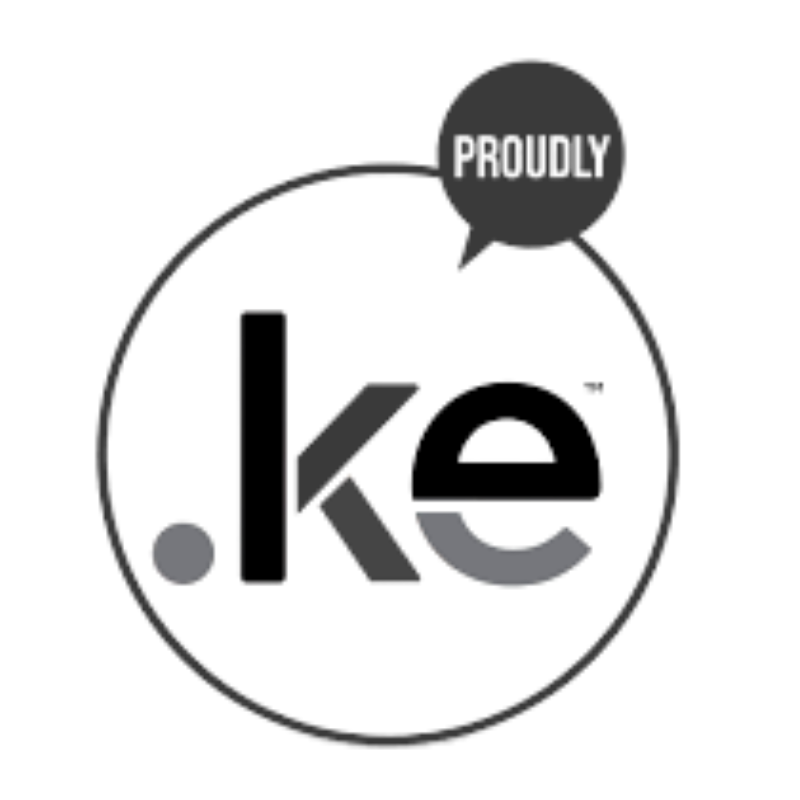 KE Domains
KE Domains Reseller HostingStart your own hosting business without tech hustles
Reseller HostingStart your own hosting business without tech hustles Windows HostingOptimized for Windows-based applications and sites.
Windows HostingOptimized for Windows-based applications and sites. Free Domain
Free Domain Affiliate ProgramEarn commissions by referring customers to our platforms
Affiliate ProgramEarn commissions by referring customers to our platforms Free HostingTest our SSD Hosting for free, for life (1GB storage)
Free HostingTest our SSD Hosting for free, for life (1GB storage) Domain TransferMove your domain to us with zero downtime and full control
Domain TransferMove your domain to us with zero downtime and full control All DomainsBrowse and register domain extensions from around the world
All DomainsBrowse and register domain extensions from around the world .Com Domain
.Com Domain WhoisLook up domain ownership, expiry dates, and registrar information
WhoisLook up domain ownership, expiry dates, and registrar information VPS Hosting
VPS Hosting Managed VPSNon techy? Opt for fully managed VPS server
Managed VPSNon techy? Opt for fully managed VPS server Dedicated ServersEnjoy unmatched power and control with your own physical server.
Dedicated ServersEnjoy unmatched power and control with your own physical server. SupportOur support guides cover everything you need to know about our services
SupportOur support guides cover everything you need to know about our services


